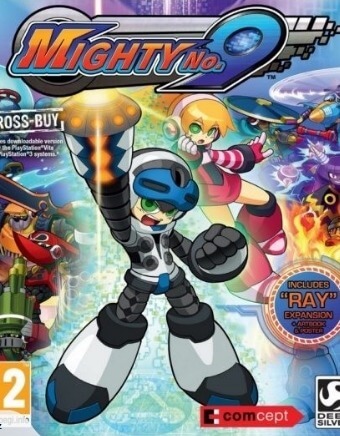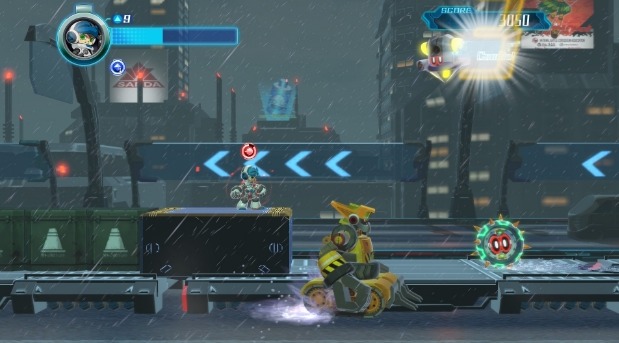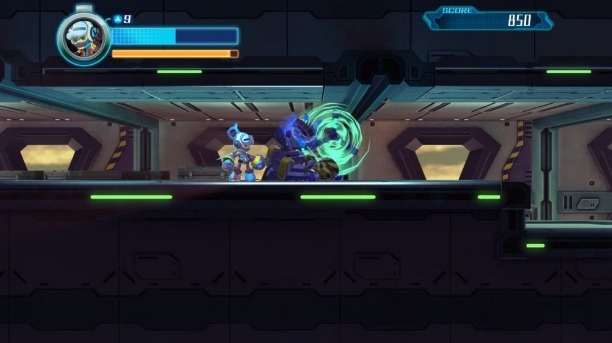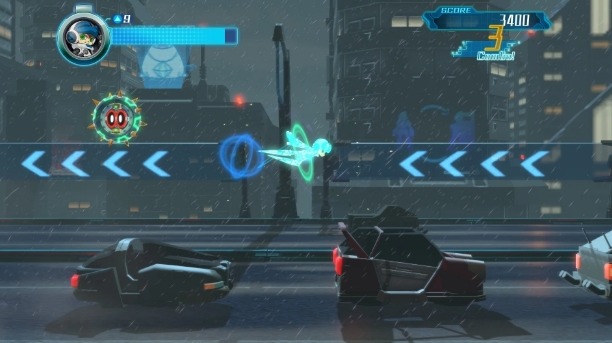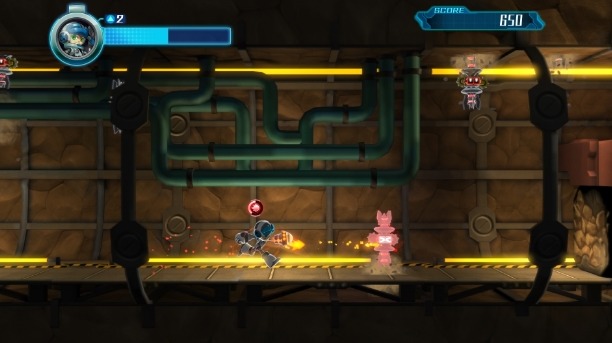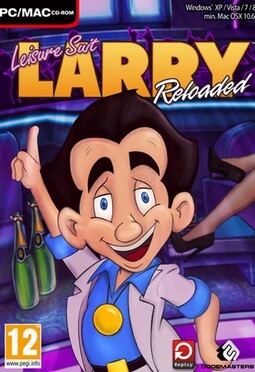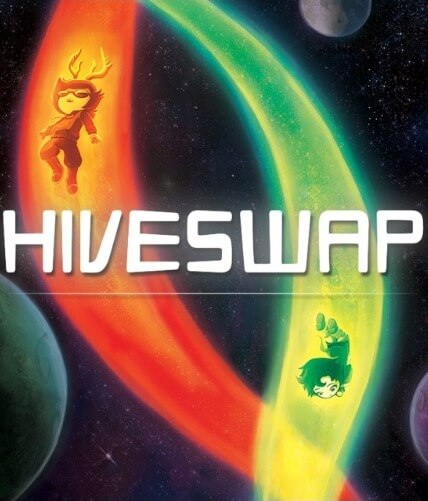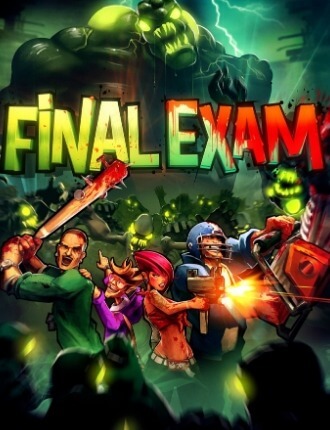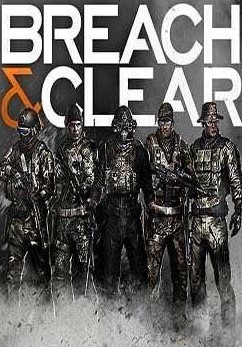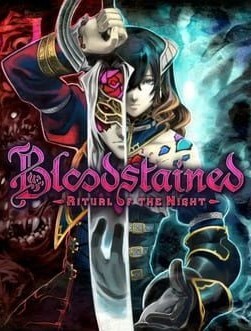In addition to jumping and shooting, Beck's main ability is what the game calls "AcXelerate" (pronounced like "accelerate"), which can be used to move quickly and cross large gaps. Upon weakening enemies by shooting them, Beck can AcXelerate through them in order to absorb a substance known as Xel (pronounced "Cel"). Absorbing Xel from enemies grants Beck temporary enhancements, which are increased power for his attacks and able to shoot through walls (red), increased speed that allows Beck to run faster (green), and increased resistance to damage (yellow). There are also enemies that when weakened, they turn blue. These enemies will refill your AcXel Recover 1 (AcXel Recover 2 is filled only at "Patch" checkpoints), which can be used to heal Beck when the player pushes the particular button to activate it that has been set on their particular controller. By defeating bosses, Beck can obtain new transformation forms, giving him new abilities such as magnetic limbs that can be used in various ways to deal with the enemies as well as traversing the levels. Conversely, Call can't absorb Xel but can boost further than Beck and can use "Patch service bot" that can activate a shield that reflects projectiles and slows her fall.
Raychel's (DLC) gameplay is also largely similar to Beck's gameplay, but with a few notable differences. The first thing is her default attack is different, now being a melee attack than the one Beck has. An advantage, however, is that she instantly absorbs any enemy once it an enemy has too little health (doesn't necessarily even need to destabilize an enemy) to finish an enemy off. Her "AcXelerate" counterpart to Beck also has the added function of doubling as an attack (of course also absorbing enemies once they have too little health) and bounces off an enemy if they have enough health (or hits an invulnerable part of an enemy). This is different from Beck's maneuver in that it can't do damage and even stuns him for longer if he hits (for example) an enemy who isn't destabilized yet. However, the likely most notable difference is that of her health, which operates in a similar manner to the bosses. During the gameplay, her health will constantly be decreasing at a constant rate, but an example would be if it were to reach halfway, she takes damage, and she loses half of her health at that point. So basically, her health is decreasing, but it isn't actually decreasing, and to reset the process she has the options to either absorb an enemy or find a health item (the latter of which will also heal her, just like Beck). If she takes damage and the bar hasn't went down, she will take the exact amount of damage as Beck. She also earns different powers than Beck called "Variation Codes" that have different usages from the certain bosses she defeats. Some of the layout of certain stages have different have slight alterations, such as one stage that required Beck to use Mighty No. 6 power to get through substitutes "Heli-Hoops" to get through.
Plot
Setting
Mighty No. 9 stars an android named Beck (Yuri Lowenthal), the ninth unit in a set of combat robots called the Mighty Numbers. At some point a form of computer virus attacks the rest of his fellow units, as well as machines around the world. The player, as Beck, must fight the rogue robots and discover the villain who threatens the fate of the planet. Alongside Beck is his partner, Call (Julie Nathanson). (A/N: Comcept previously held a fan opinion poll in order to determine the most popular mockup design for Call. As a result, concept design "F" was selected as the base design for the character. The name Beck was chosen as "his creator wanted him to have a human name, unlike his peers", and also because it fit his partner's name as well (as in "Beck and Call").)
There are three scientists involved in the story, each with a specific part to play: Dr. William White (Jason Spisak), the robotics designer who created Beck and the rest of the Mighty Numbers; Dr. Benedict Blackwell (Bob Joles), the inventor of "Xel" technology that provides the basis for the Mighty Number and all robots in the game; and Dr. Soichiro Sanda (Dave Wittenberg), who also works in "Xel" technology and created Call. (A/N: Designers from Inti Creates as well as Comcept are both working on the designs of the characters in the game and have noted that "each character is intended to have his or her own unique look" within the art design.)
Synopsis
The story begins with a sudden massive countrywide robot uprising. Mighty No. 9, Beck, is one of the few robots unaffected, and is tasked by Dr. White to bring down his 8 other Mighty No. siblings. Beck possesses a unique ability that allows him to assimilate the "Xels" of other robots when they have attained sufficient damage. By assimilating the affected Xels of his robotic siblings, Beck is able to restore their original personalities. Assimilation also allows Beck to send data to Dr. White, who tries to find the cause of the robots' violent behavior. Beck, with the assistance of the cowardly Dr. Sanda and his unaffected creation Call, moves out to retrieve and save his siblings. Gregory Graham (Scott Whyte), president of Cherry Dynamics (also called "CherryDyn") (the world's largest supplier of robots), publicly denies responsibility for the current disaster and blames Dr. Blackwell, despite the latter being in a maximum security prison.
As Beck saves more of his siblings, Dr. White begins to find among the affected Xels traces of code from his abandoned projected Trinity, a robot that can learn and grow infinitely by assimilating other robots. As Trinity was a project originally funded by CherryDyn, Dr. White decides to pay Mr. Graham a visit while Call and Dr. Sanda go to Dr. Blackwell for a direct explanation. During their infiltration of the prison, Call questions why Dr. White would make Beck a battle robot while also giving Beck a pacifist personality. Upon meeting Dr. Blackwell, Call and Dr. Sanda learn from Dr. Blackwell that the real cause of the countrywide uprising is due to Mr. Graham activating Trinity in hopes of selling her technology for military applications. Trinity can reprogram, rewrite, and assimilate other robots effortlessly. Thus, she posed an incalculable danger to all of humanity, and so Dr. Blackwell had her shut down during the initial project phase. However, Dr. Blackwell's actions would be seen as terrorism, scapegoated by Mr. Graham, and was subsequently locked up. Meanwhile, Dr. White confronts Mr. Graham about the latter's money-driven decision to activate Trinity, to which he again tries to deny responsibility. Dr. White mulls over how, despite Trinity being his greatest failure, he had taken what he had learned from her creation to create Beck, a robot with the same ability as Trinity, but would not pose a threat to humanity, implying that Beck's aversion to combat is the only difference separating his fate from Trinity's.
Just as Beck foils Trinity's plot to launch a massive war against humanity, Trinity grows to the point where she even begins to assimilate non-robotic objects, and Beck, being the only one immune to her rewrite ability (though not immune to her assimilation), moves out alone to stop her. Beck successfully assimilates Trinity like he does with his siblings, and eliminates her influence on all other robots. The ending shows Dr. White presumably updating Trinity with the same personality as Beck so that she would no longer pose a threat to humanity, as she is seen with Beck and all the other Mighty Numbers together in a photo.
